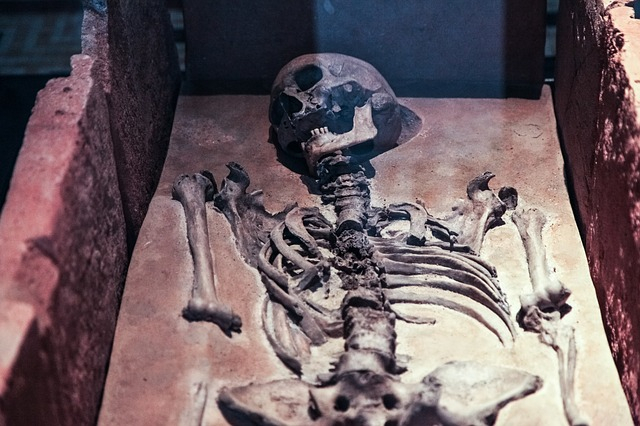
Researchers have discovered two piles of human skeletons on the shores of Roopkund Lake in northern India and one of them is believed to be the remains of Greeks.
These bones were discovered at an altitude of almost 5,000 meters in the Indian state of Uttarakhand, in Himalayan Mountains.
After the discovery when the research team conducted a series of bioarcheological analyses, including ancient DNA, stable isotope dietary reconstruction, radiocarbon dating and osteological examination of the skeletons which are dated back to between 1600 and 1900 AD.
After examination, they found that 13 out of 14 remains had similar genotypes to people who are currently living in Crete and the mainland of Greece.
The findings, which were published in the scientific journal Nature, showed that the deceased individuals were healthy till their death. However, researchers could not find the reason behind their death yet.
When the team analysed the DNA of the second pile of the bone, which believed to date back to 800 AD, it was revealed that these deceased people had similarities with people living in South Asia, as well as people in India and Pakistan.
Co-senior author Ayushi Nayak of the Max Planck Institute for the Science of Human History said, "Individuals belonging to the Indian-related group had highly variable diets, showing reliance on C3 and C4 derived food sources. These findings are consistent with the genetic evidence that they belonged to a variety of socioeconomic groups in South Asia."
However, it is yet to believe that why these particular group of people from Greece were staying in that particular area at that time and why both the groups died close to one another.
Senior author Niraj Rai from Birbal Sahni Institute of Palaeosciences in Lucknow, India said, "It is still not clear what brought these individuals to Roopkund Lake or how they died. We hope that this study represents the first of many analyses of this mysterious site."
However, it should be mentioned that Greeks invaded India several times and it started with Alexander the Great, who launched his conquest of India by invading Punjab in 327 B.C.E. Greeks came to India before the Common Era and it flourished the trade between the two, most importantly silk, spices and gold.









